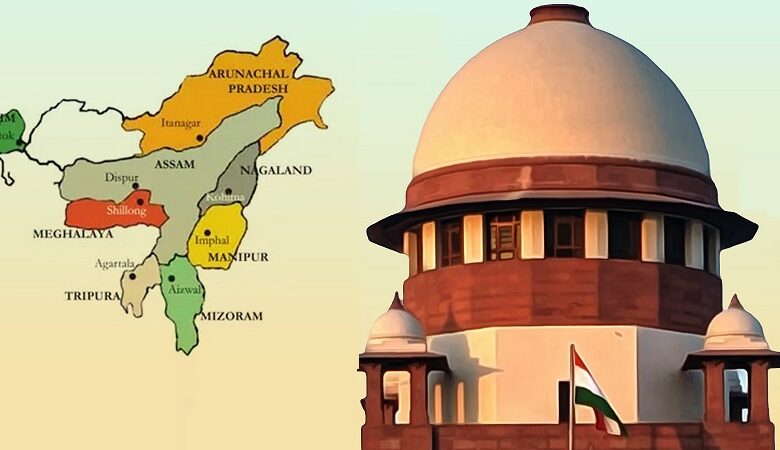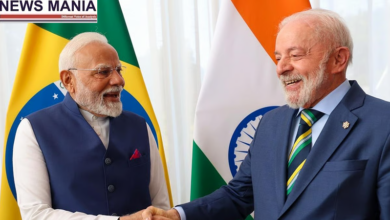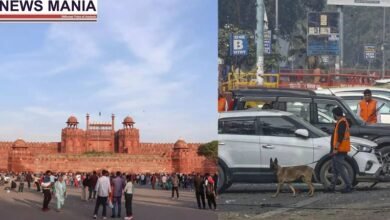
In a recent development, the Indian Centre conveyed its unequivocal stance to the Supreme Court on August 23rd, firmly asserting that it has no intention of meddling with the special provisions that apply to the northeastern states. Solicitor General Tushar Mehta, the government’s chief legal advisor, communicated this stance to a five-judge Constitution Bench.
During the proceedings, Mehta emphasized, “I have instructions to state this. We must differentiate between the temporary provision, Article 370, and the special provisions pertaining to the North East. The Central government has no intention to touch any part which gives special provisions to the North East and other regions.” The statement comes in the wake of a case challenging the abrogation of Article 370 of the Constitution, where senior advocate Manish Tiwari represented a politician from Arunachal Pradesh.
Tiwari’s argument highlighted the multifaceted nature of the Indian Constitution, describing it as not only a politico-social compact but also a crucial national security document. He underscored that even minor uncertainties in India’s periphery could carry significant implications, particularly concerning the North East.
Responding to these concerns, Chief Justice of India DY Chandrachud questioned the necessity of delving into apprehensions when the Centre has categorically stated its lack of intentions to intervene. Chandrachud stressed, “Apprehensions are dispelled by the statement of the central government. When the SG has informed us, as a constitutional principle, that the government has such intentions, why should we apprehend this at all? We should not enter that territory at all.” Justice SK Kaul also echoed this viewpoint, affirming that Article 370 is undoubtedly a temporary provision, and the context of the case must be taken into account.
In a move to formally record the Centre’s declaration, the bench concluded an intervention application presented by a politician from Arunachal Pradesh. The bench issued a succinct ruling, encapsulating the essence of the case. The ruling stated, “The applicant has contended that beyond the provisions in Part XXI of the Constitution relating to J&K, there are special provisions governing the North East. Hence, it is submitted that the interpretation by this court in Article 370 would impact other provisions. Solicitor General has submitted on specific instructions that the Union Government has no intention to affect any of the special provisions applicable to the North East or any part of India.”
The ruling continued to elucidate that the reference of the case was confined to Article 370 and that there was no shared interest between the Interlocutory Application and the ongoing case. It concluded by emphasizing that the Solicitor General’s statement effectively allayed any concerns related to the Centre’s intentions, thus leading to the disposal of the Interlocutory Application.
The Centre’s unequivocal stance, as articulated by Solicitor General Tushar Mehta, clarified the distinction between temporary provisions and region-specific special provisions, putting to rest any apprehensions surrounding potential interventions. As the case continues to evolve, the Indian legal system demonstrates its capacity to address complex constitutional matters while upholding the principles of justice and integrity.
News Mania Desk / Agnibeena Ghosh 24th August 2023






